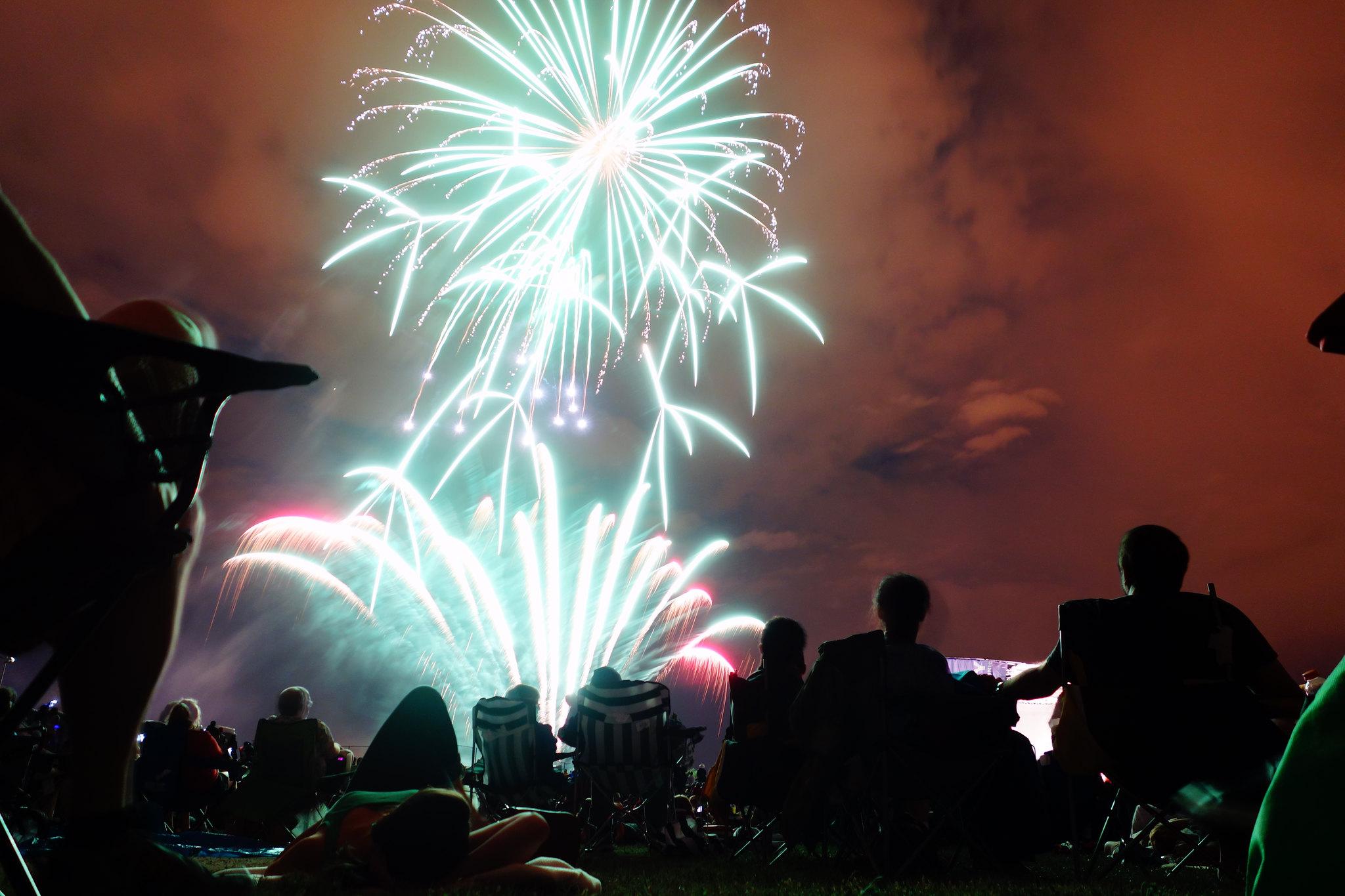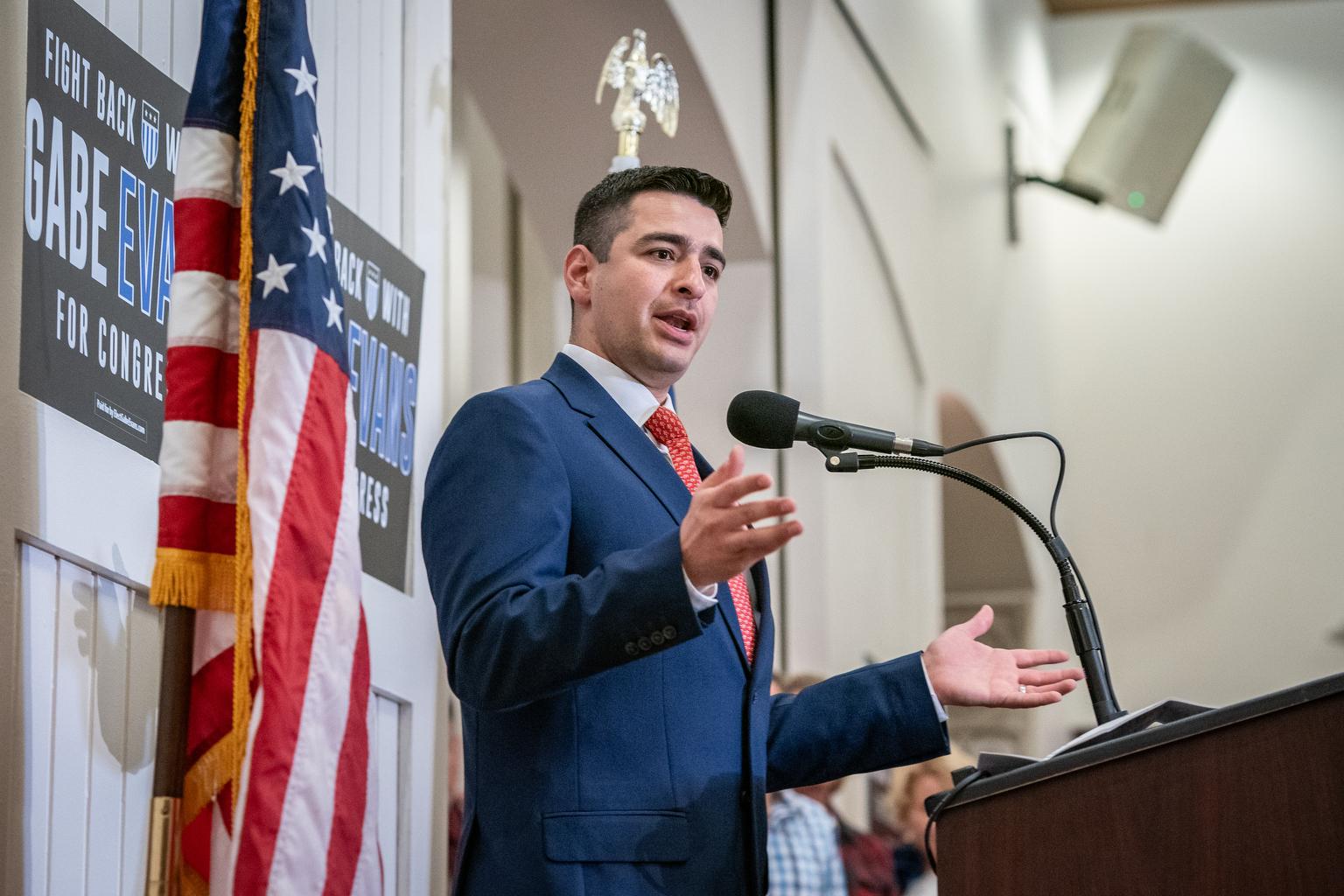
This figure might burn into your July 4th brain: the sparkler, beloved for its festive fiery shoots of light, burns at temperatures of about 2,000 degrees Fahrenheit. That’s hot enough to melt some metals, according to the U.S. Consumer Product Safety Commission. So, that’s clearly hot enough to singe some digits.
The Fourth of July is this week, so now's a good time to think about avoiding injuries.
Fireworks are the leading cause of holiday injuries, causing burns, lacerations, and other serious injuries if mishandled.
“Fireworks injuries are caused by people thinking it’s safe to hold onto the firework longer than they should," said Dr. Greg Adams, an emergency department physician at UCHealth University of Colorado Hospital, in a press release. “Or they get distracted and don’t throw the firework in time. In some cases, depending on how close the firework is to someone’s face, we see eye injuries and facial burns as well,”
All of these injuries can be exacerbated by substance use, he noted.
UC Health said people coming through its emergency departments often suffer injuries to hands, fingers, and face.
Last year, about 9,700 people needed emergency department treatment in the U.S. due to fireworks in June and July, according to the U.S. Consumer Product Safety Commission. Eight people around the nation died from fireworks last year.
According the agency:
- Teens 15 to 19 years old had the highest estimated rate of emergency department-treated, fireworks-related injuries; children 5-9 years old had the second highest rate.
- There were an estimated 800 emergency department-treated injuries associated with firecrackers and 700 with sparklers.
- About 42 percent of the ED-treated fireworks-related injuries were for burns.
- In 2023, nearly 20 percent of selected and tested fireworks products were found to contain noncompliant components, including problems with fuses, the presence of prohibited chemicals and an overload of pyrotechnic materials.
UCHealth offered these safety tips:
- Leave it to the pros: Enjoy public fireworks displays from a safe distance.
- Supervise children: Never allow young children to play with fireworks, including sparklers. Keep a safe distance from fireworks displays.
- Don’t mix alcohol and fireworks: Never use fireworks while impaired by alcohol or drugs. Impairment can lead to accidents.
- Water is your friend: Keep a bucket of water or a garden hose nearby, in case of fire or other mishap.
- Light it right: If you are going to shoot off fireworks, only use legal fireworks and follow all instructions carefully.
The avoid other holiday trouble, the health system suggests:
- Using good grill practices: Operate BBQ grills in a safe, open space away from flammable materials; use long-handled tools to avoid burns and have a fire extinguisher nearby.
- Take precautions around the pool: Never leave children unattended near water and ensure they wear proper life jackets. Swim lessons are a great start.
- Don’t forget about the sun: Protect yourself from harmful UV rays with sunscreen and hats. Also, find shade in the heat of the day.









